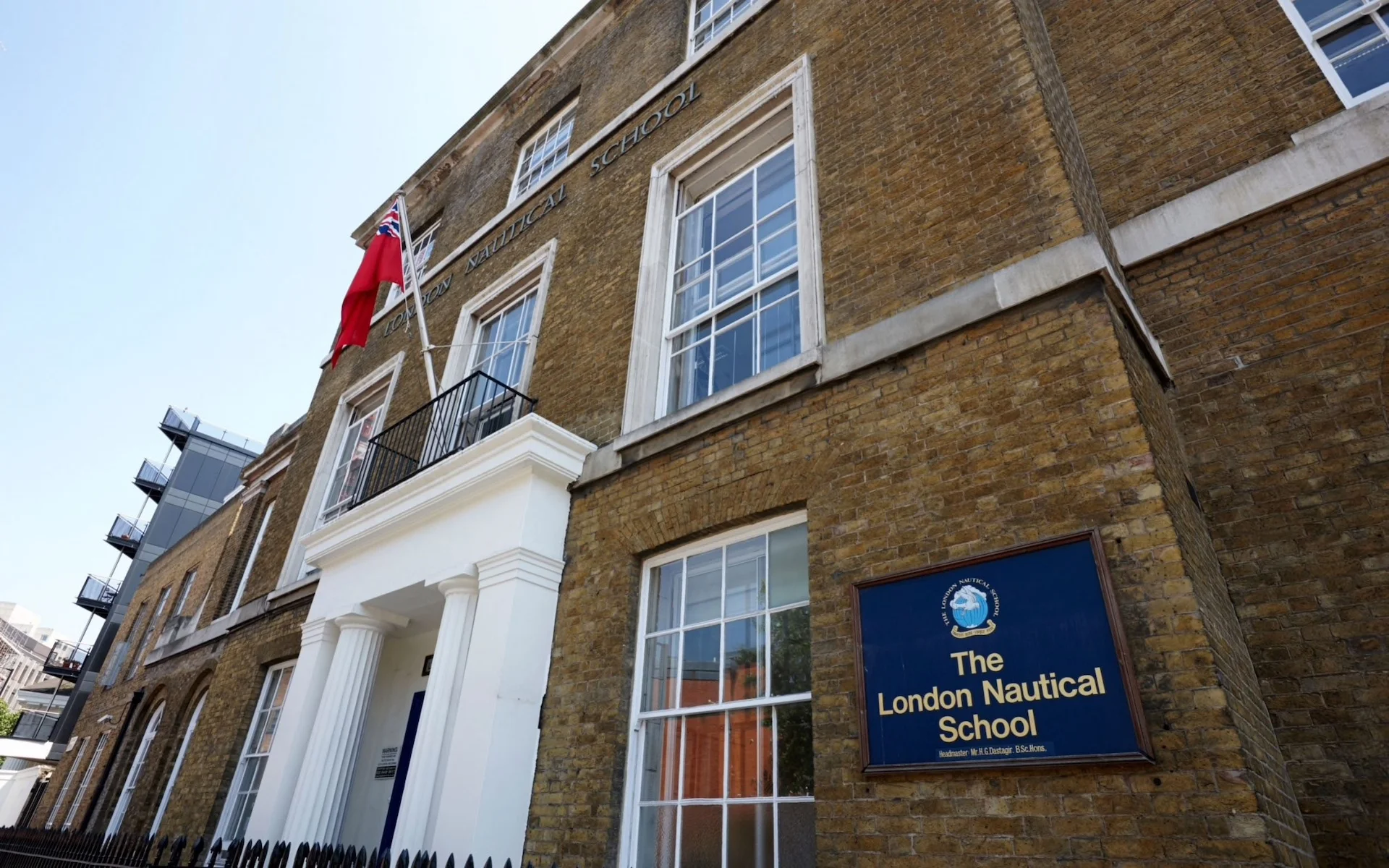As we approach Christmas, it’s easy to forget that it has become something of a secular festival in the UK. For most people, Christmas has become detached from the Christian story. Of course, the things that secular Christmas is focused on - family and feasting - are no bad thing. But I do think we should consider how to distinctively engage with this season of celebration.
Advice on reading your Bible in 2020
Jesus was deeply acquainted with the Scriptures. At the age of 12 he’s so engrossed in discussing the interpretation of the Bible that he misses the bus home, leading to much panic among his family. When he goes to church, he’s able to open up a portion of Scripture and deliver a spontaneous and compelling sermon on the spot, stirring up heated responses.
Inspiration to read your Bible
God must be pursued
I’ve recently been re-reading AW Tozer’s short book, ‘The Pursuit of God’. It’s very challenging! He’s particularly scathing about the way modern churches have lost their sense of hunger for God.
Celebrate Christmas with us, Sunday 8th December
How to pray for the church
The sweet smell of your prayers
The priests of the Old Testament were given a special recipe from God, a patented concoction of frankincense and various other ingredients that were only to be used in temple worship. We no longer have a temple, and Jesus is with us by his Spirit but not in his physical body. Yet there is still incense. The book of Revelation speaks of the scene in the heavenly throne room where there are ‘golden bowls full of incense, which are the prayers of the saints’ (Revelation 5.8).
Living with thorns in your flesh
The hidden struggle
A worldwide mission
One way in which the modern experience of church can be radically different from the New Testament is in the relationship between local churches. We can be passionately engaged with our own local church, its community and mission, but have little idea about how churches are meant to work together in the common mission Christ has given to us.
Church in the City
London is a strange and wonderful beast. It’s a multicultural, diverse melting pot which pulsates with energy and innovation. It’s an incredible privilege to live here. But with the many strengths, there are also significant challenges. Despite living in a city of millions of people, it’s very possible to live a lonely and isolated existence. It’s easy to get caught up in the busyness of London life and to fall out of healthy patterns of rest. Here are my five top tips for doing church in the city.
Embracing your distinctiveness
Space to Doubt
Recently I spoke with someone who told me a fairly common story. She’d arrived in London having grown up in the church and confident of her faith in Christ. As she encountered the dominant culture of scepticism in her workplace and among friends, she started to question what she believed. She set about deconstructing her faith until she was left with a husk of what she had believed.
As I speak to Christians who are wrestling with questions and doubts, I’ve been fascinated to hear that so many of them have struggled to find a space to express these thoughts. As soon as they’ve started asking questions, their churches have made it clear that such questions are not welcome. Perhaps this comes from a fear that the Christian faith can’t stand much scrutiny. Or a concern that they’ll influence others. This feels counterintuitive to me. How can you find answers without questions? And surely the Christian faith is robust enough to withstand careful and reasoned examination?
When we created the Salt Course last summer, we were focused on secular Londoners who want to explore life’s big questions. That’s been great. We’ve had a good number of non-Christians do the course. Many have found it thought-provoking and stimulating. Some have even found faith in Christ.
However, I’ve also been intrigued by the number of Christians who’ve joined us, looking for a space to explore their doubts and questions. Each week we have a (free) meal, a short talk on a big question and then just under an hour for discussion in groups. We’ve tried to strike a balance between engaging with the biggest objections to the Christian faith and the major existential questions Londoners are grappling with. Here are the questions we'll be addressing :
Religion: Aren’t we better off without it?
Proof: Isn’t faith irrational?
Morality: Why do we even need God?
Satisfaction: How can I be happy?
Love: Where can I find it?
Hope: Is there a future for humanity?
I’d love to invite you to the Salt Course if you're asking significant questions about your faith. And of course, do have a think about non-Christian friends and colleagues who might be open to exploring their questions with us too. It starts on Wed 12 February 2020. You can find out more and sign-up here.
Divine mandatory fun
How God changes you
Appointing Deacons at Grace
You may have heard the old joke about London buses. You wait for ages for one to come along and then two come along at once. Perhaps the same could also be said about leadership announcements at Grace London! Recently we were excited to announce that Luke Boardman will be installed as an elder (i.e. pastor) on the 8th of September. We’re also pleased to announce that we’re appointing deacons for the first time at Grace London this autumn.
Hard conversations
Part of my life as a pastor involves engaging in hard conversations. Recent weeks have been filled to an unusual degree with meetings of this kind. Sometimes they’re to do with intractable problems that people can’t quite find a way out of, and in that case some outside perspective, including hard truths held up like a mirror, can be really important.
New eldership appointment
The miracle of church
A couple of weeks ago an article came out in The Atlantic which described the rapid expansion and subsequent decline of the Sunday Assembly. It's effectively a secular church. They describe themselves as "a godless congregation that celebrates life" [1]. At their peak, they had launched nearly 70 chapters (i.e. congregations) in cities across Europe and North America. However, more recently, energy has fizzled out.
We’re moving home
I’m very happy to confirm that we (as a church) are moving home at the end of September! Our new venue will be London Nautical School. We have shared little snippets of this with you at Upper Room, but we were not sure if it would all work out. Now, at last, we have signed the contract and set the wheels in motion.




















